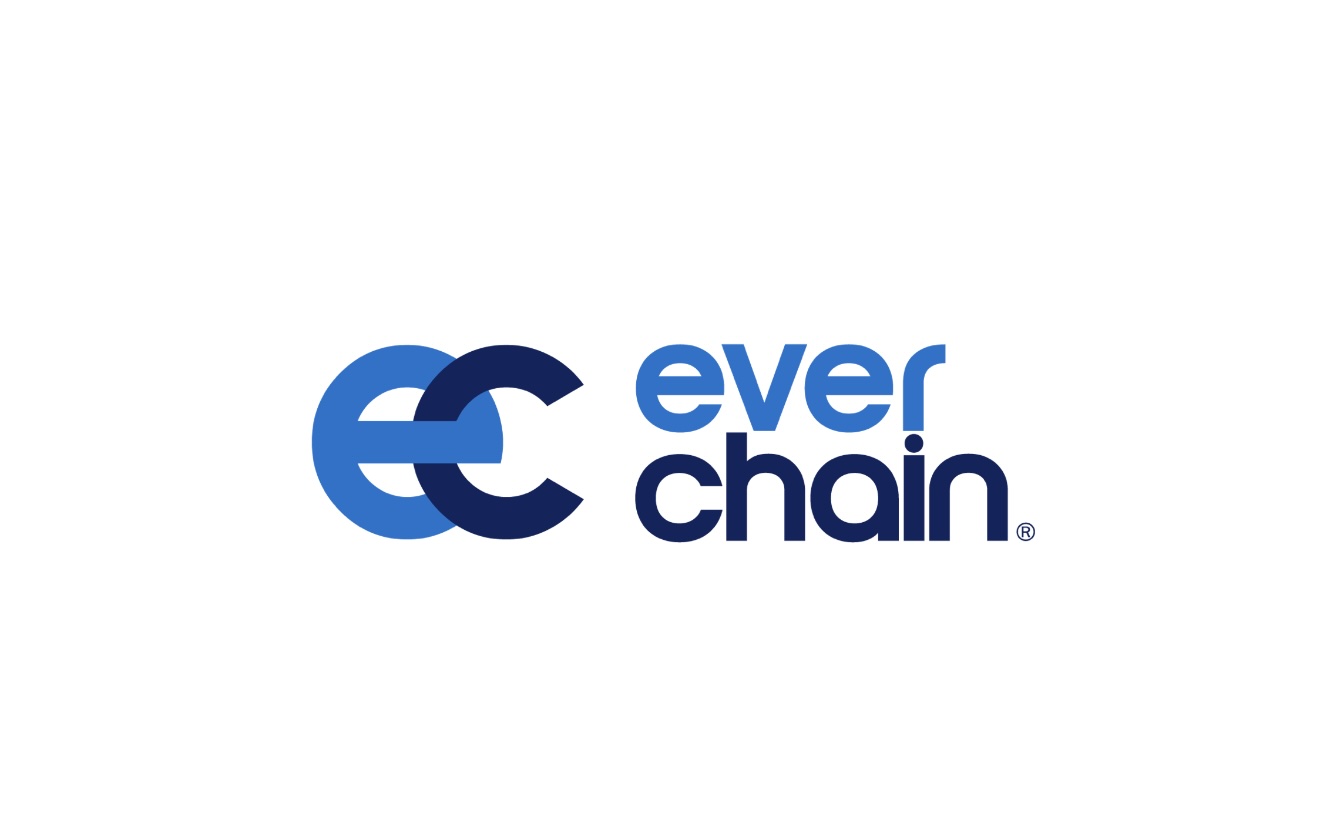Source: site

Recent Developments
The CFPB has announced that it expects to run out of funds in early 2026, following a Justice Department Office of Legal Counsel (OLC) opinion that the agency can no longer draw further funding from the Federal Reserve due to the central bank’s lack of profits since 2022. This opinion asserts that the CFPB’s statutory source of funding—the Federal Reserve’s earnings—is currently unavailable, and any new funding would have to come from Congressional appropriations, an unlikely scenario given the current administration’s and Congress’s stance.
Legal and Political Context
Although the U.S. Supreme Court ruled in May 2024 that the CFPB’s funding structure—via the Federal Reserve rather than through Congressional appropriations—was constitutional, the OLC has now declared the mechanism invalid due to the Fed’s negative earnings. As a result, unless Congress intervenes, the agency could cease its operations once current reserves are depleted.
Impact on Deregulatory Efforts
The debate around CFPB funding coincides with efforts by the Trump administration to significantly scale back consumer financial regulations. However, the funding crisis threatens to stall or upend these deregulatory actions, because a non-operational or severely diminished CFPB would lack the staff and resources to both enforce current regulations and actively pursue rollback initiatives. Plans to cut up to 80–90% of the bureau’s staff and rescind key rules have already faced logistical hurdles due to these funding and legal questions.
Uncertainty for the Financial Sector
Banks, fintech companies, and other financial firms are facing heightened uncertainty, as ongoing court battles, administrative actions, and Congressional gridlock put the future of U.S. consumer financial oversight in doubt. The regulatory environment may become less predictable, with some deregulatory goals delayed or rendered moot by the CFPB’s inability to function.
In summary, the CFPB funding challenge represents not just a legal and constitutional showdown, but an existential threat to both the agency and the deregulatory agenda, creating turmoil for stakeholders across the financial sector.




